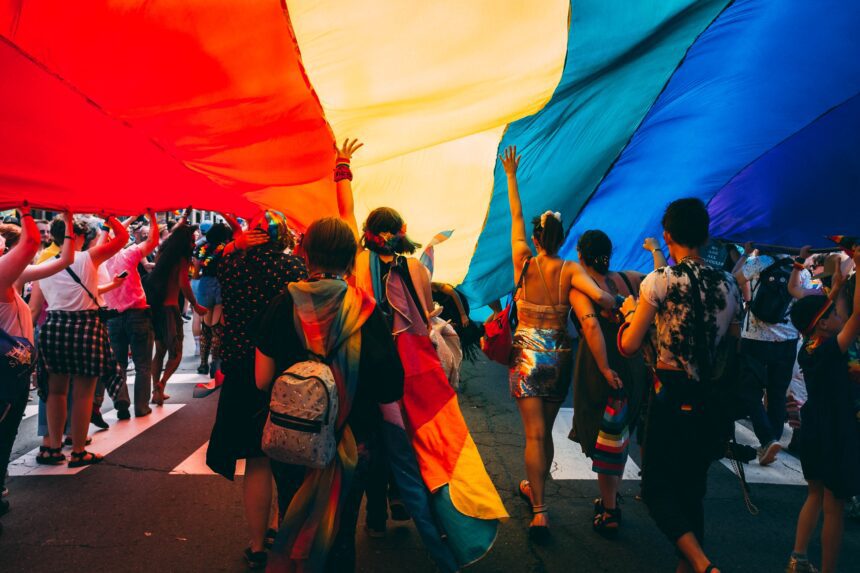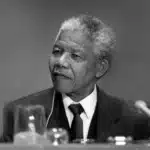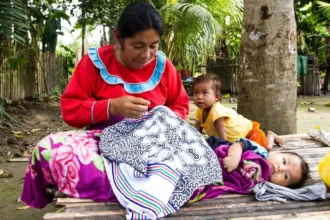The struggle for LGBTI recognition in Brazil and Colombia stands as a testament to both progress and resistance. The legal recognition of homo-affective unions in these nations marked a historic victory, but it also ignited a conservative backlash that reveals complex dynamics at play.
Resistance and Backlash: Unveiling Complex Dynamics
In Brazil, the Supreme Federal Court’s recognition of homo-affective unions in 2011 was a landmark decision. However, it was met with immediate resistance from conservative forces, including religious groups, politicians, and segments of society that perceived it as an attack on traditional family values. The backlash was not merely rhetorical. Legislative measures aimed at combating the Supreme Court’s decision were introduced, reflecting a broader trend where liberal forces often turn to the judiciary to achieve desired results, bypassing the legislative process. This approach has led to a dysfunction in the system of checks and balances, with the legislative power resisting judicial decisions on morally controversial matters. The conservative ideology opposing the Court’s ruling indirectly influenced the election of a more conservative parliament in 2014 and 2018, further complicating the political landscape.
Read More
In Colombia, the Constitutional Court’s recognition of homo-affective unions in 2016 was also met with strong resistance. The backlash was so intense that it even impeded a significant peace agreement between the State and the FARC, ending a historic armed conflict. Unlike Brazil, the Colombian case saw support for conservative groups from the Attorney General’s Office, which sought to shape the effects of the Court’s decision. Despite these efforts, the conservative reaction was not sufficient to overturn the decisions made in favor of LGBTI rights. The Colombian experience illustrates the complex interplay between legal decisions, political forces, and societal values. It underscores the importance of understanding the broader social and political context in which these battles are fought.
Navigating Backlash and Progress
The comparison between Brazil and Colombia reveals that the conservative backlash following the legal recognition of homo-affective unions was immediate and extensive. It manifested in public opinion, political discourse, and legislative efforts. The relationship between the judiciary and legislative powers played a significant role in shaping the response. In Brazil, the tension between these branches led to political polarization, while in Colombia, governmental bodies actively supported conservative groups. Despite the backlash, the decisions in favor of LGBTI rights stand firm. The resistance may have hindered further advancements, but it did not reverse the progress made.
Lessons in Struggle: Resilience and Progress
The struggle for LGBTI rights in Brazil and Colombia offers valuable lessons for other nations and for all who are engaged in the fight for equality and human dignity. It reminds us that progress is often met with resistance, that victories can be both celebrated and defended, and that the path to equality is fraught with challenges. The experiences of Brazil and Colombia underscore the importance of understanding the broader context in which legal battles are fought. They highlight the need for strategic thinking, coalition-building, and perseverance.
In a world where the rights of marginalized communities are still contested, the fight for LGBTI rights is a struggle for recognition, acceptance, and human dignity. It’s a fight that transcends borders and resonates with all who believe in justice and equality. The tale of progress in Brazil and Colombia is not just a story of legal victories; it’s a testament to the resilience of the human spirit and the enduring power of the ideals that bind us together.
Adapted from an academic study for a wider audience, under license CC BY NC SA 3.0.









